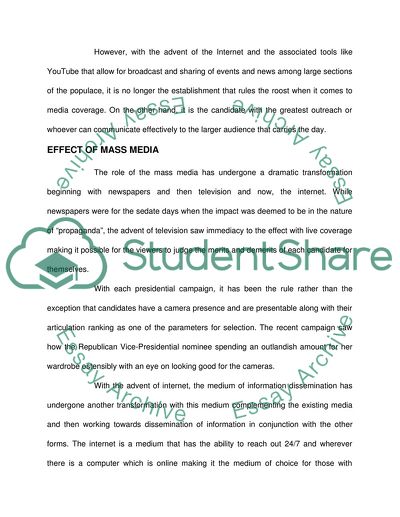Cite this document
(Changing Role of Mass Media: from the Past to the Present Term Paper, n.d.)
Changing Role of Mass Media: from the Past to the Present Term Paper. Retrieved from https://studentshare.org/media/1718748-how-to-mass-media-affect-on-presidential-election-in-united-states
Changing Role of Mass Media: from the Past to the Present Term Paper. Retrieved from https://studentshare.org/media/1718748-how-to-mass-media-affect-on-presidential-election-in-united-states
(Changing Role of Mass Media: From the Past to the Present Term Paper)
Changing Role of Mass Media: From the Past to the Present Term Paper. https://studentshare.org/media/1718748-how-to-mass-media-affect-on-presidential-election-in-united-states.
Changing Role of Mass Media: From the Past to the Present Term Paper. https://studentshare.org/media/1718748-how-to-mass-media-affect-on-presidential-election-in-united-states.
“Changing Role of Mass Media: From the Past to the Present Term Paper”, n.d. https://studentshare.org/media/1718748-how-to-mass-media-affect-on-presidential-election-in-united-states.


